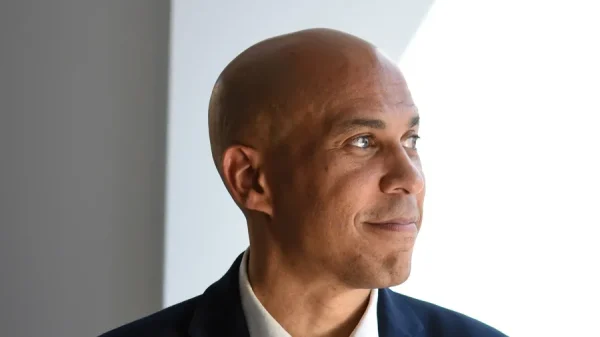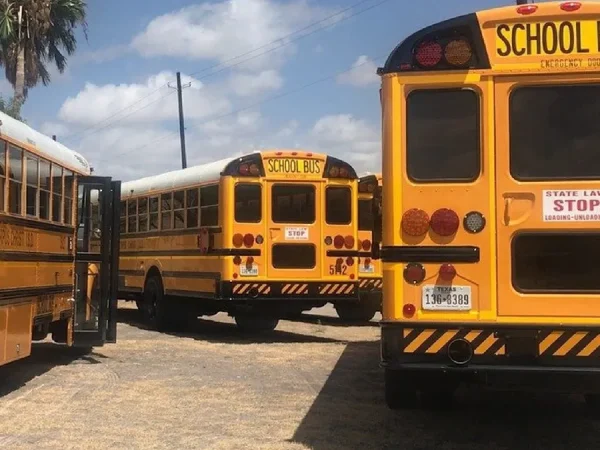Amid Claims of Abuse, Boy Scouts of America Files for Bankruptcy
On Tuesday, Feb. 18, 2020, the Boy Scouts of America filed for Chapter 11 bankruptcy. In an interview with the media, the representatives of the organization called the bankruptcy filing the “only viable choice” for the Boy Scouts. The bankruptcy filing comes amidst new legal action being taken against the Boy Scouts of America by people who claim they’ve suffered from sexual abuse during their time as scouts. The Boy Scouts faces hundreds of lawsuits, as well as thousands of new accusations, even as the organization has already spent over $150 million in legal fees settlements since 2017. According to the Boy Scouts, they will use the Chapter 11 filing as an opportunity to help victims by creating a trust fund dedicated to victim compensation. Accusers and attorneys aren’t so sure. Critics of the organization’s move believe that the bankruptcy filing will be used by the Boy Scouts to avoid the lawsuits it’s been facing.
Despite the bankruptcy filing, the Boy Scouts of America has a large pool of financial assets. 2018 tax filings show the organization as having total revenue of over $285 million. In addition, the organization, which is separated into a central national organization and local branches, is listed as having a total of roughly $1.4 billion in land assets. “The Boy Scouts of America has some of the most valuable property in New York”, said Timothy Kosnoff, a lawyer with over forty years of experience dealing with sexual abuse cases. Kosnoff also responded to questions about the Boy Scout’s Feb. 18 announcement, in which the organization specifically stated “Local councils, which provide programming, financial, facility and administrative support to Scouting units in their communities, have not filed for bankruptcy. They are legally separate, distinct, and financially independent from the national organization.” In his interview with the Poolesville Pulse, Kosnoff argued that this distinction between the national and local councils emphasized by the Boy Scouts was an attempt to shift accountability away from the Boy Scouts of America. Kosnoff also opined that the Chapter 11 filing would be used to help shield the Boy Scouts from victims seeking compensation.
Declaring bankruptcy can help an organization protect its assets from litigation, as a Chapter 11 filing gives the entity responsible for the filing the ability to request that a presiding federal judge forcibly resolve the case over the objections of creditors. As a result of their filing, the organization has made their own reorganization plans, promising to compensate victims. However, the Boy Scouts of America has not yet given or listed a specific amount. Critics of the organization’s recent move believe that the Boy Scouts of America could end up paying less to victims who haven’t already won a settlement.
“By filing for bankruptcy, they’re hoping they can stop victims from getting the [full compensation] they deserve”, said Kosnoff.

Beat: Current Events
Oliver Sojka is a senior in ISP. Outside of school, he loves fishing, reading, hiking, and playing games with friends.
Favorite...








